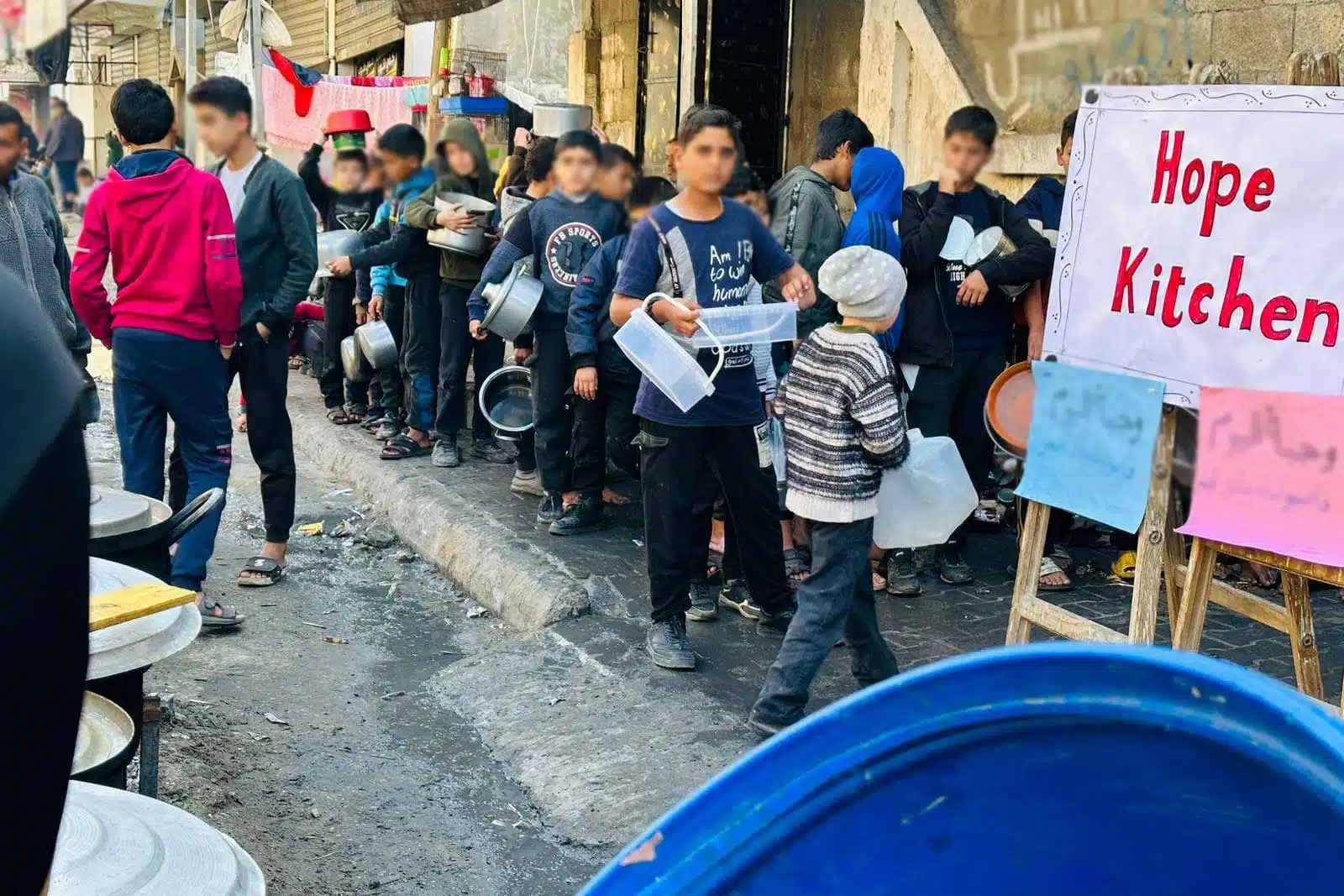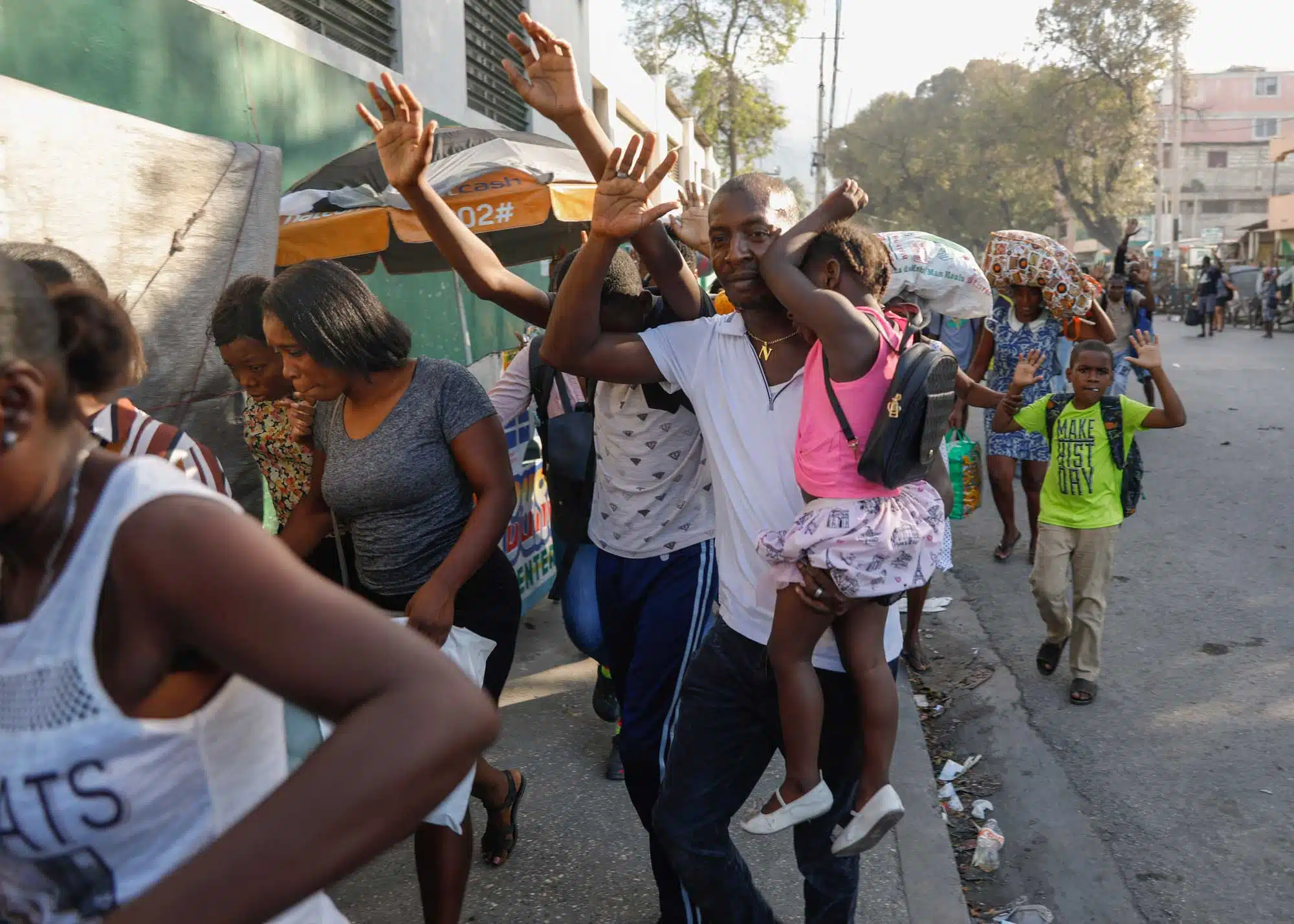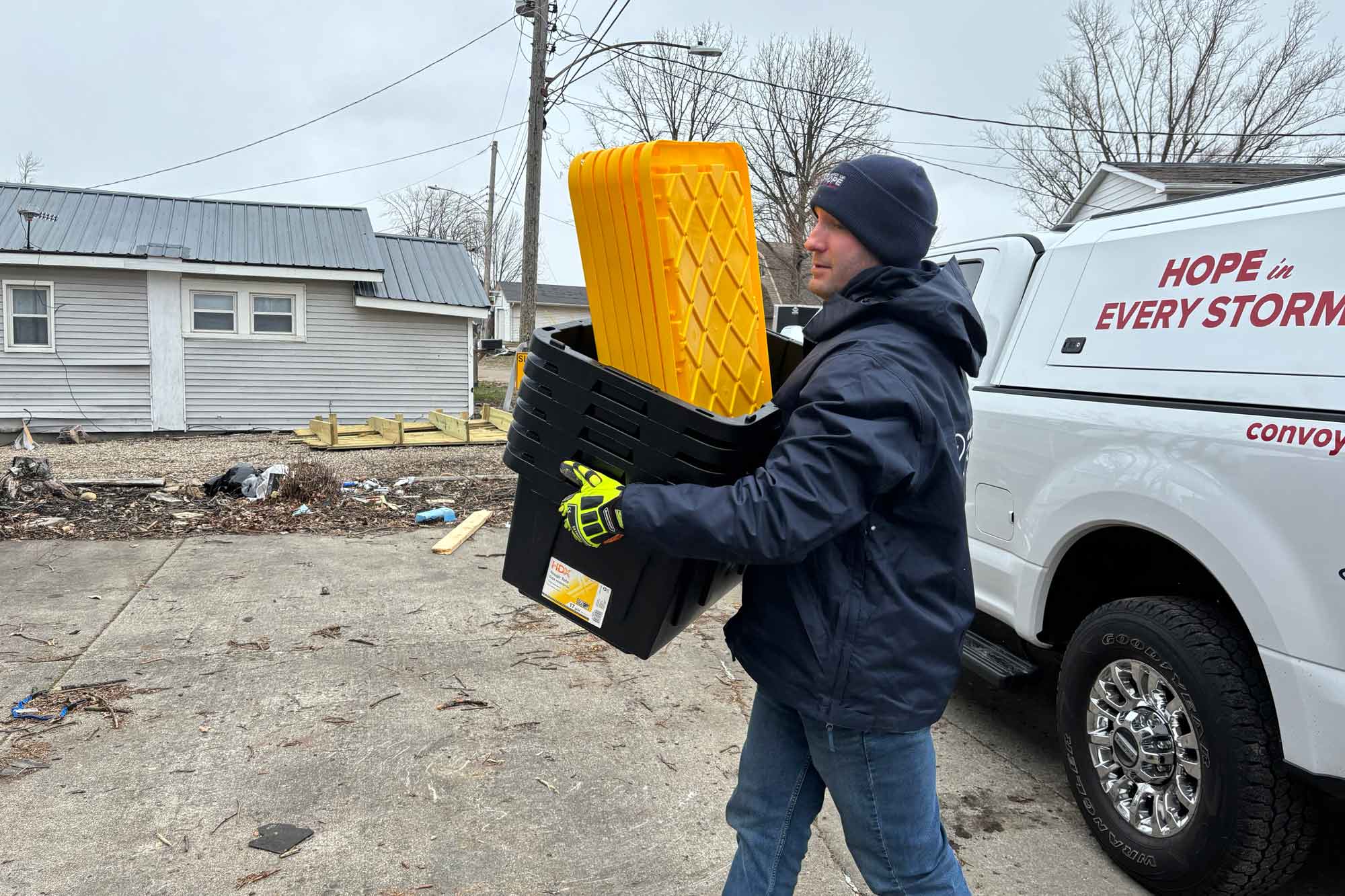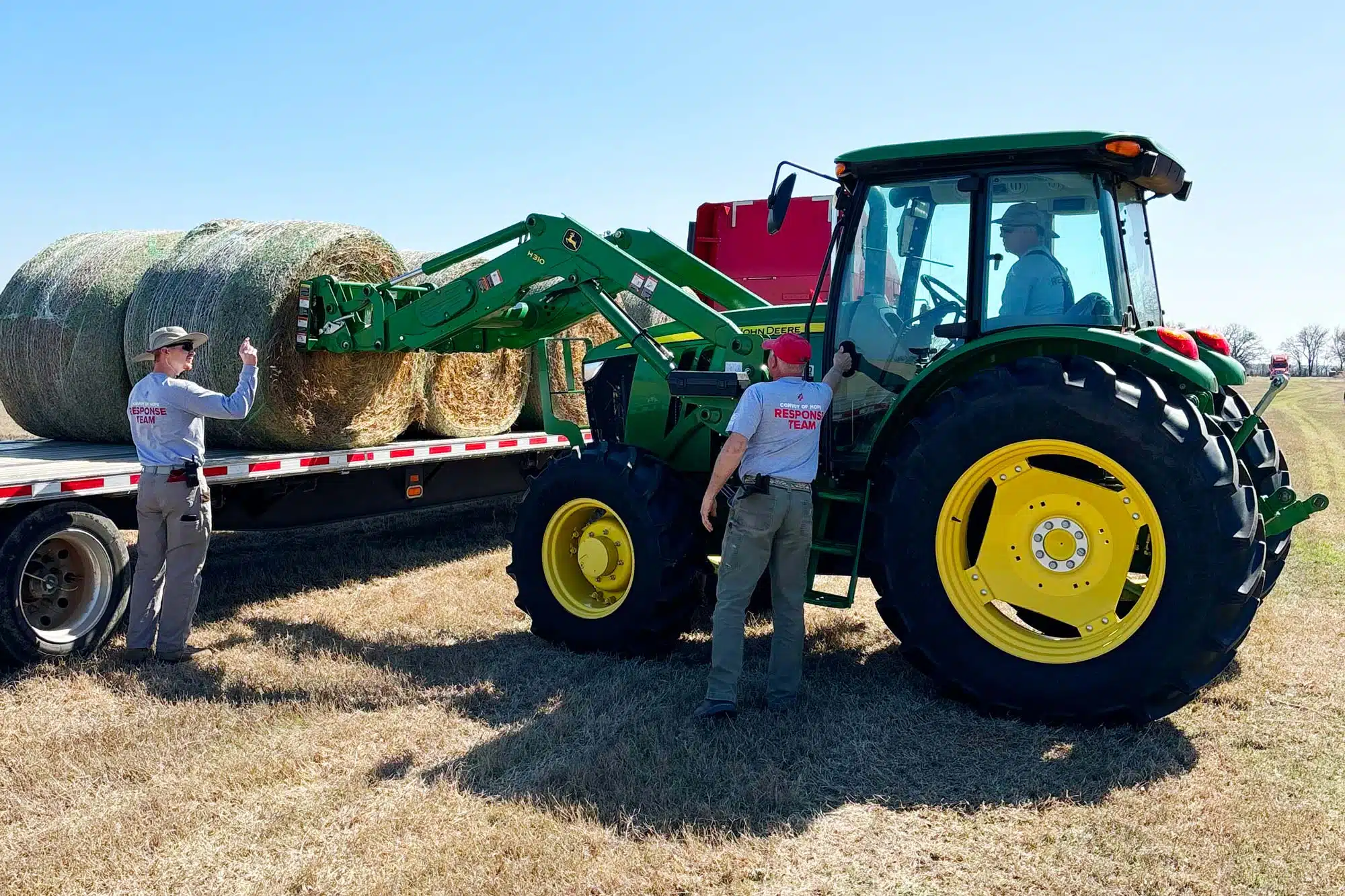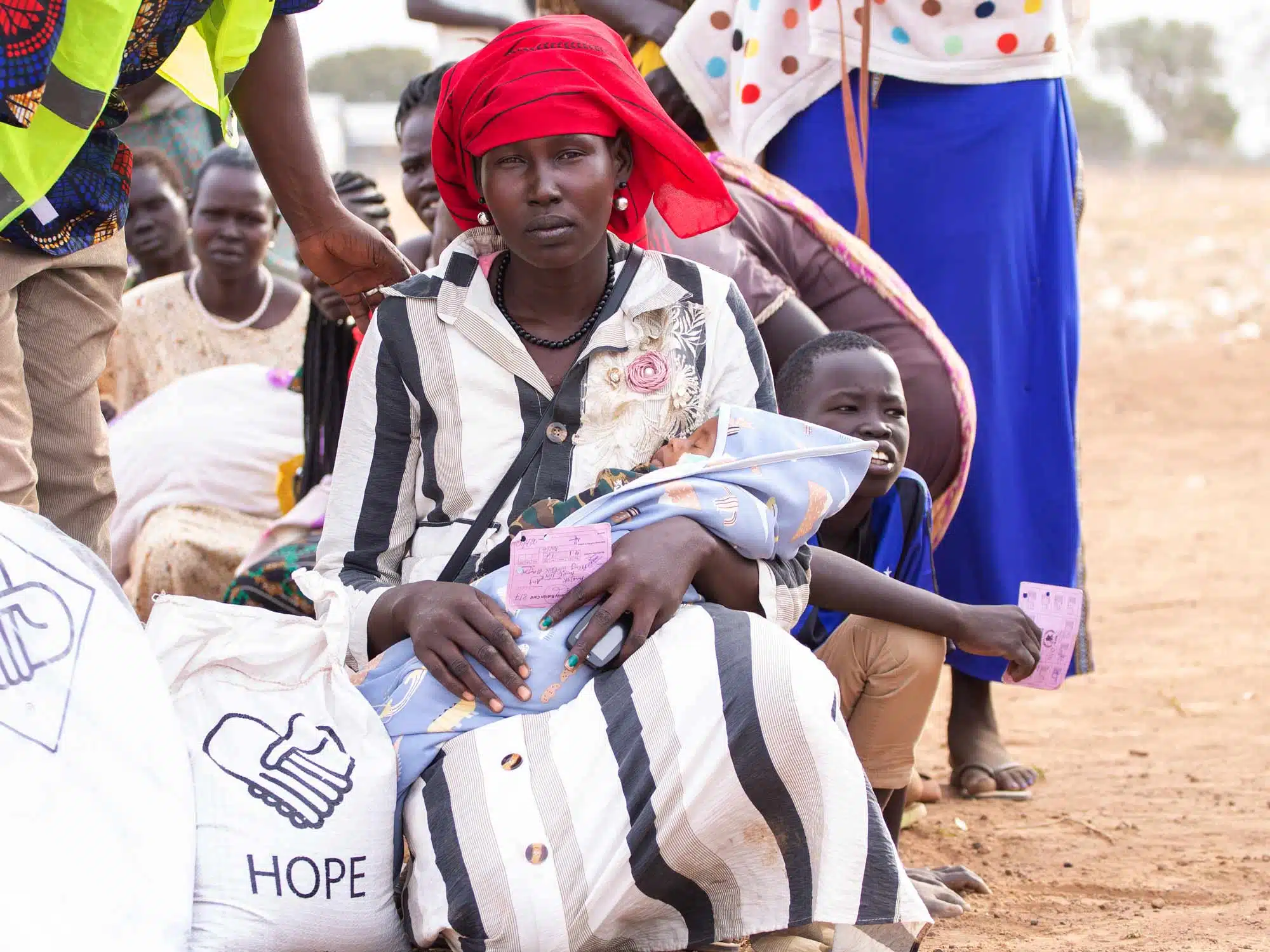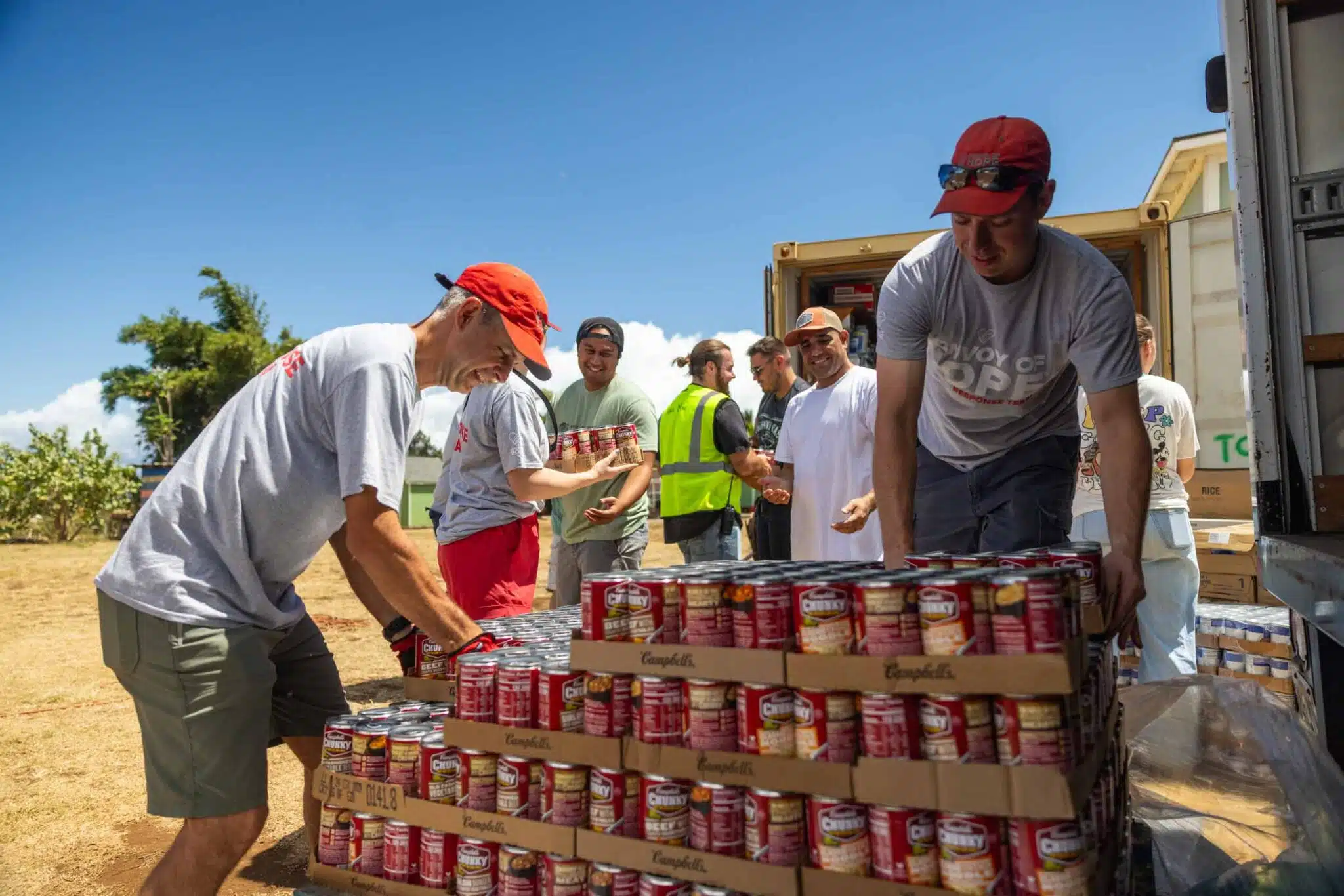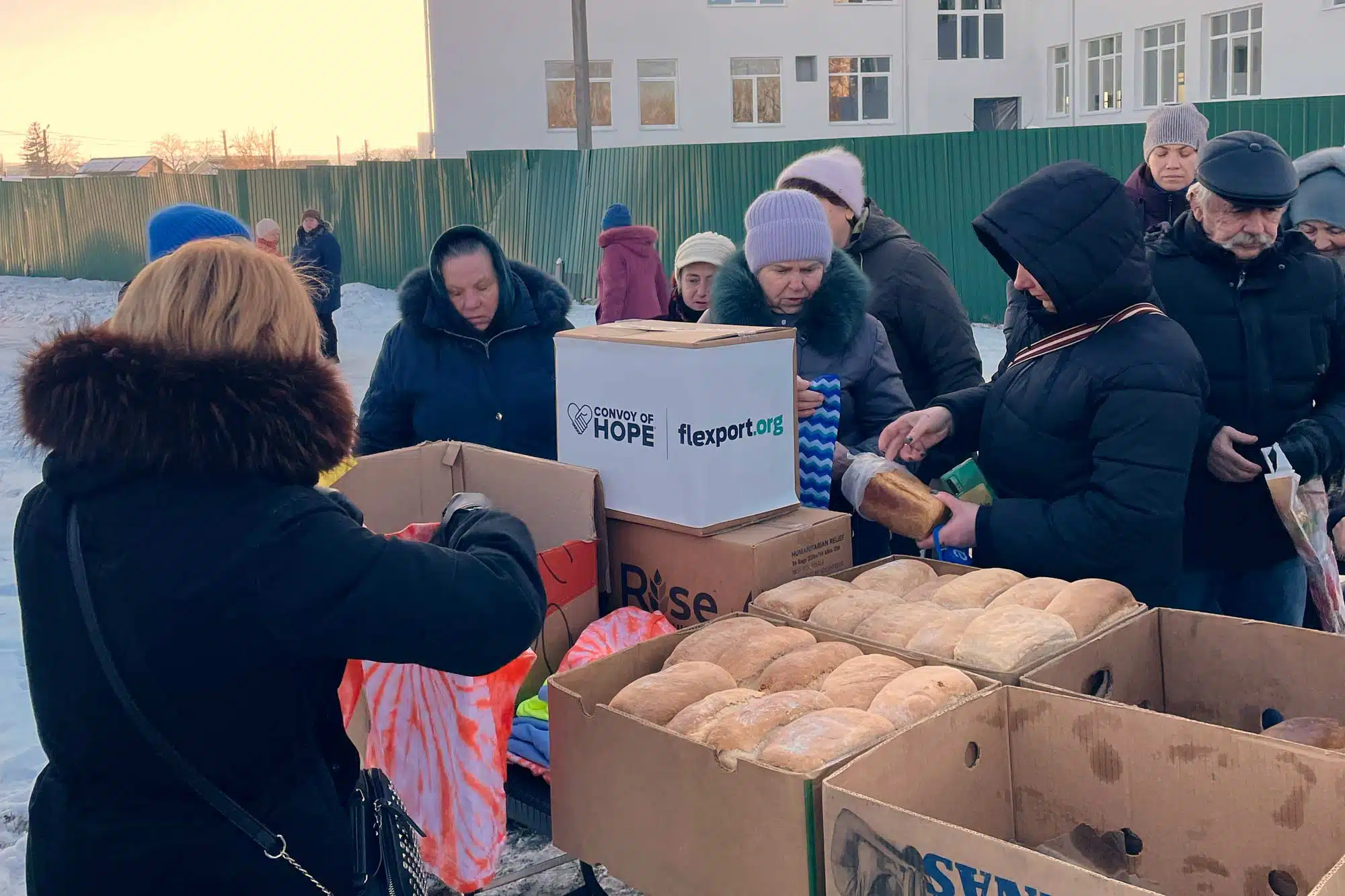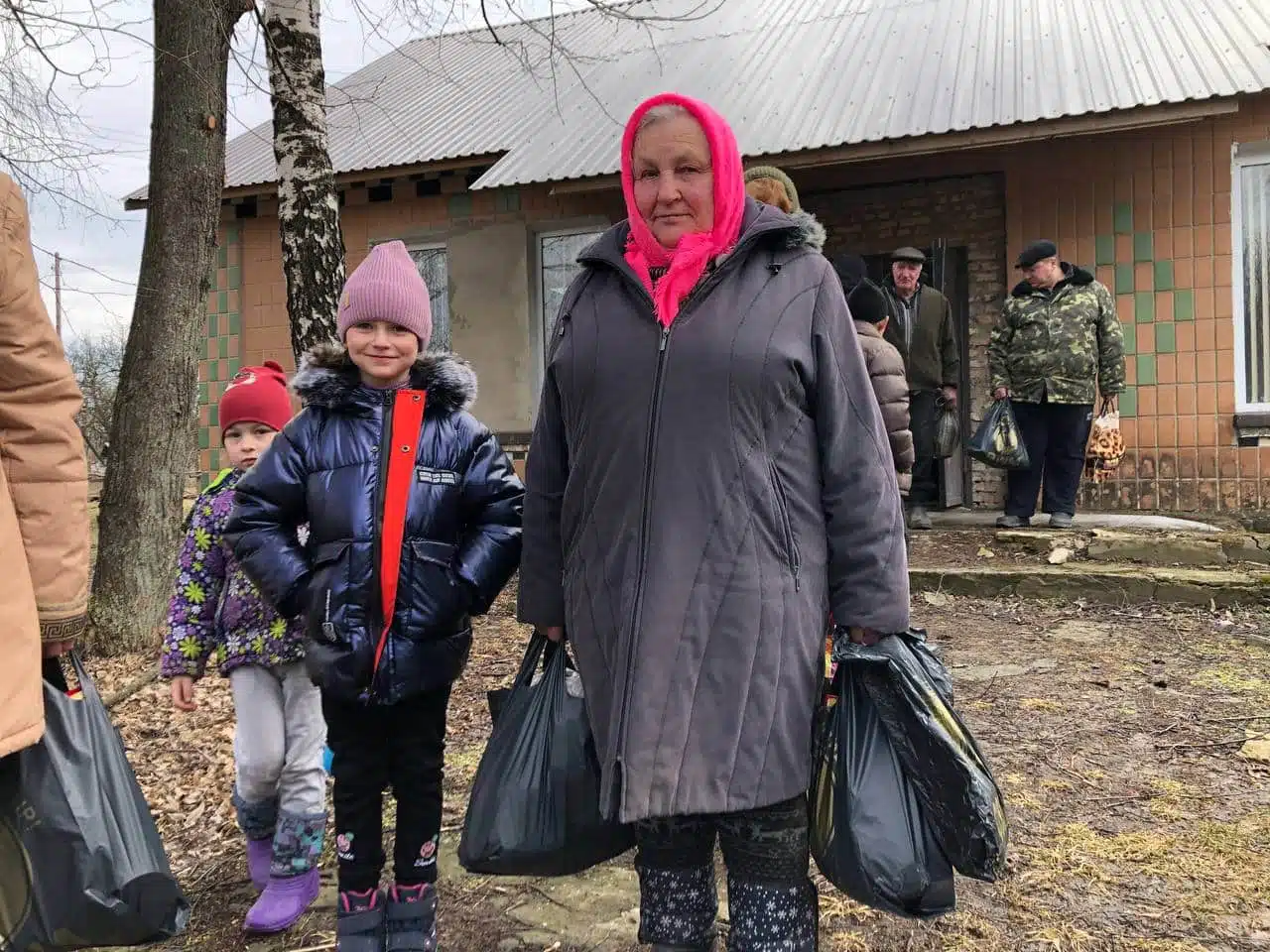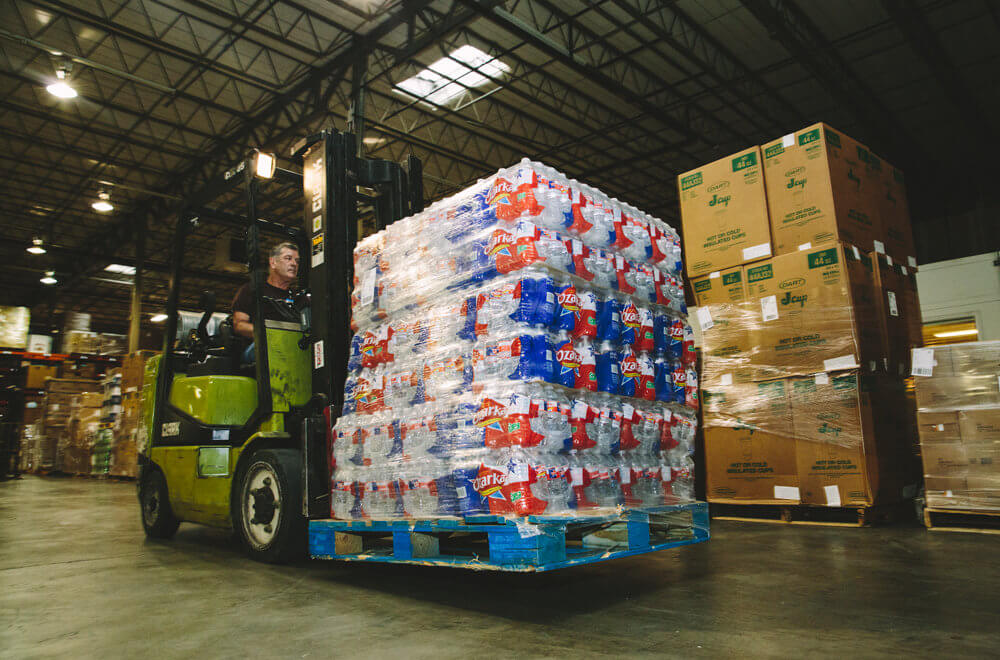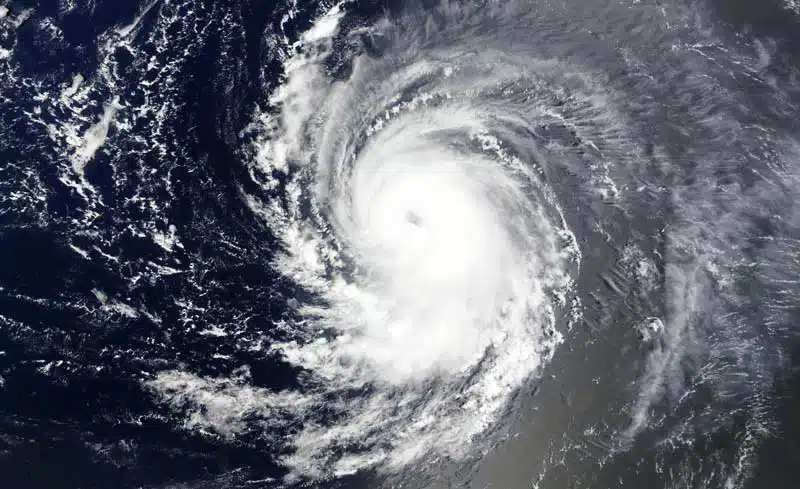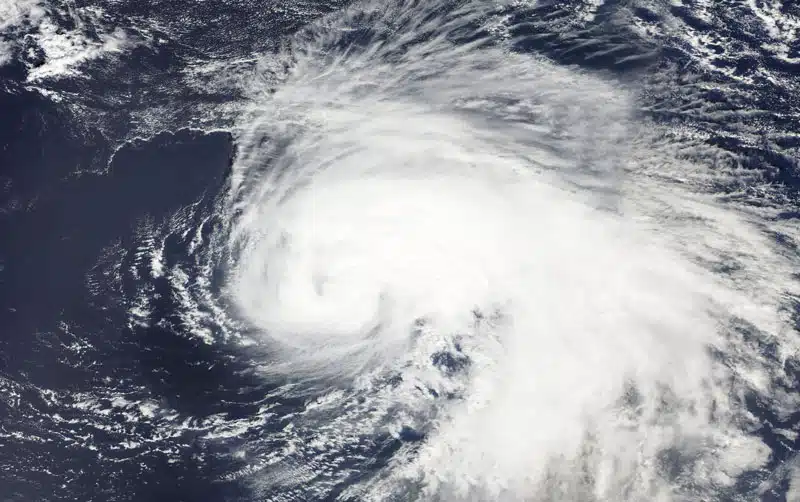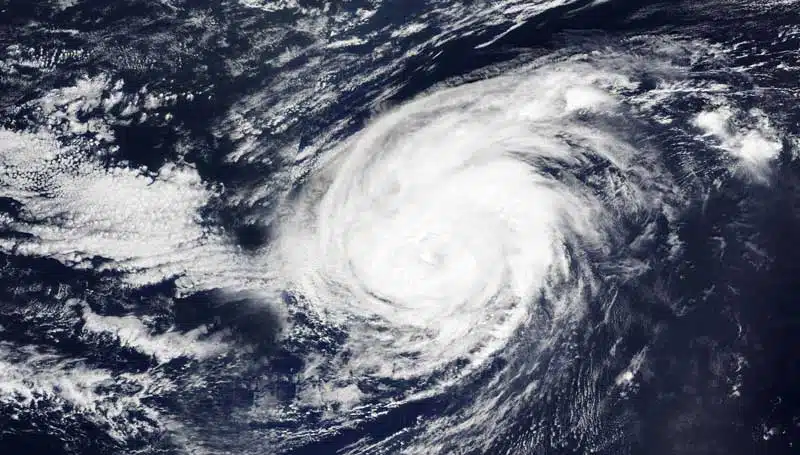Essential Guide to House Fire Victim Assistance: Steps, Support & Resources
Experiencing a house fire can be one of the most traumatic events in a person’s life. The aftermath can feel overwhelming, leaving victims unsure about what to do next.
But remember, you’re not alone.
There is a network of assistance for house fire victims available to help you through this tough time.
This article outlines:
- • The crucial steps to take immediately after a house fire.
- • How to care for yourself and loved ones.
- • Various assistance programs available, including government and nonprofit support.
Let’s dive in!
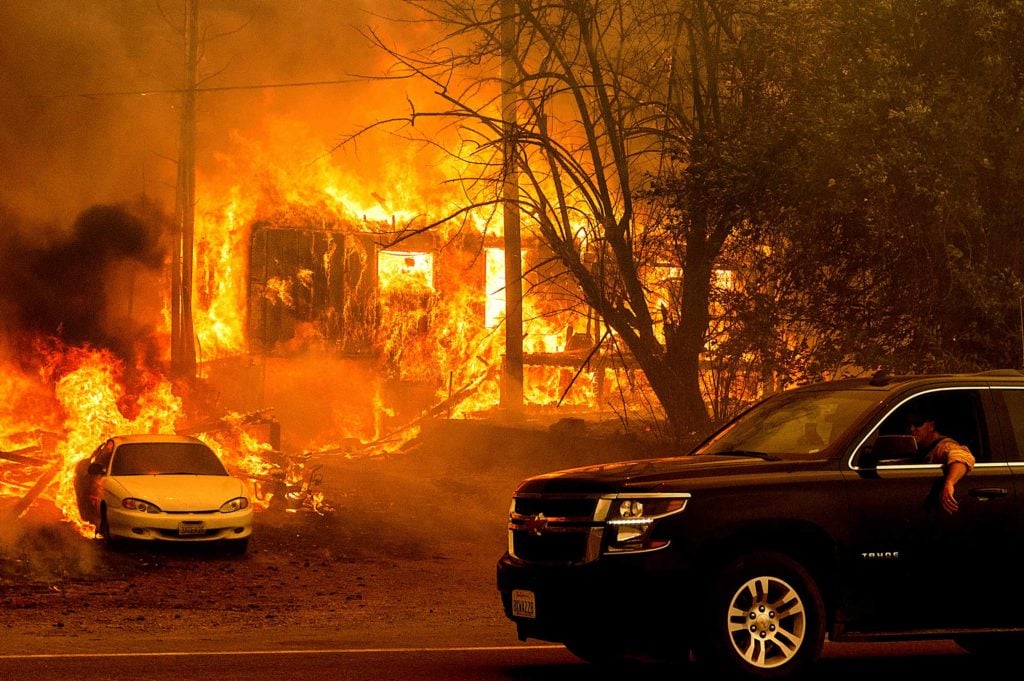
Immediate Steps To Take After a House Fire
In the immediate wake of a house fire, the confusion and shock can be paralyzing. However, taking swift and prudent action is crucial for the safety of all involved and to lay the groundwork for recovery.
Here are the immediate steps you should take after a house fire.
- • Ensure Safety: Confirm that all individuals are safe and secure.
- • Contact Authorities: Report the incident to your local fire department to declare the site safe.
- • Insurance & Documentation: Promptly inform your insurance company and document the damage meticulously. Insurance companies recommend careful documentation of possessions before an emergency. Olympus Insurance offers tips for that process.
- • Secure Your Property: Prevent further loss by securing what’s left of your property, if possible.
- • Find a Safe Place To Stay: If your home is unsafe, you’ll need to arrange for temporary housing. This could be with friends, family, or through assistance programs.
Seeking Government Assistance for House Fire Victims
Seeking government assistance after a house fire can be an essential step in the recovery process for victims. The trauma and loss experienced can be mitigated somewhat by the support and financial aid that federal and state programs provide.
Here’s a brief guide to navigating this critical phase.
- • Federal Emergency Management Agency (FEMA): As part of its disaster assistance, FEMA offers individual assistance, which may include housing assistance for homeowners and renters. Check out FEMAs After the Fire guide for more information.
- • Disaster Assistance Improvement Program (DAIP): The DAIP platform makes it easier to find and apply for disaster assistance.
- • Local State Agencies: Often, states have their own relief funds set aside for disaster or emergencies and assistance resources.
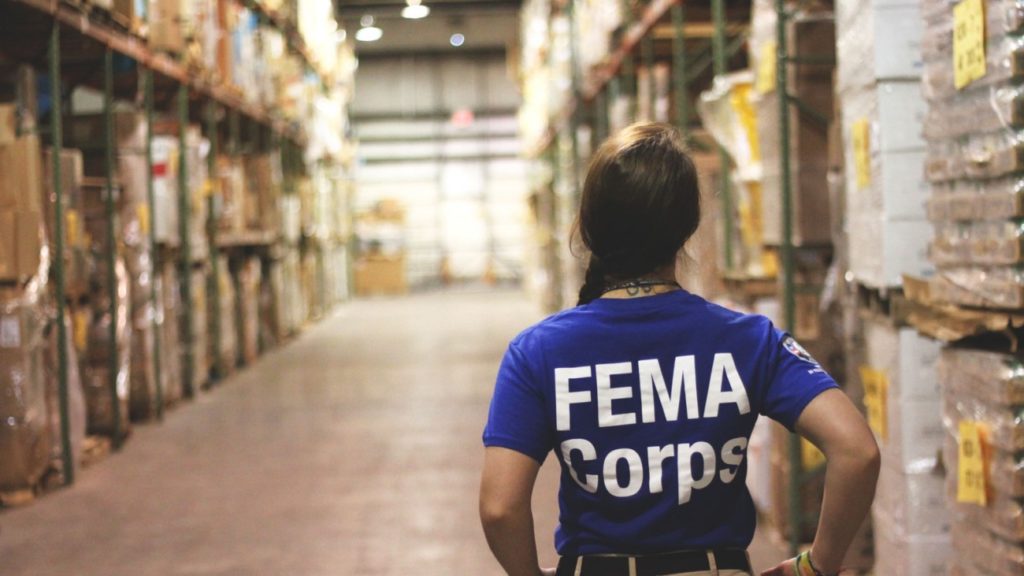
Note: There are several circumstances under which an individual may not qualify for FEMA or DAIP aid. Those instances include:
- • Non-Declared Disaster Area: If the incident has not been declared a federal disaster by the President, FEMA assistance will not be available. This means fires started by carelessness or other household mishap would not be covered.
- • Adequate Insurance Coverage: FEMA does not provide assistance for losses that are covered by insurance. If your insurance policy covers all your damages, you will likely not qualify for FEMA aid.
- • Secondary Residence: FEMA typically provides aid for primary residences only. If the damaged property is a secondary home or a vacation property, you may not be eligible.
- • Minimal Damage: If the assessment determines that the disaster impact is too minimal to affect the habitability of the residence, FEMA may deny assistance.
Nonprofit Organizations Offering a Helping Hand
The Red Cross is synonymous with disaster relief and offers immediate support, such as emergency food, shelter, and first aid, to fire victims. Similarly, other nonprofits provide a range of assistance programs, from clothing to counseling.
Convoy of Hope, a faith-based nonprofit that combats poverty and responds to disasters, has helped numbers of communities facing the destruction of large-scale fires.
While Convoy does not respond to individual loss from fire damage, it is able to send relief supplies in response to large wildfires, such as the Maui fires in 2023 that devastated the town of Lahaina.
Convoy of Hope is working in Maui, providing resources to survivors of the wildfires that burned across the island in August.
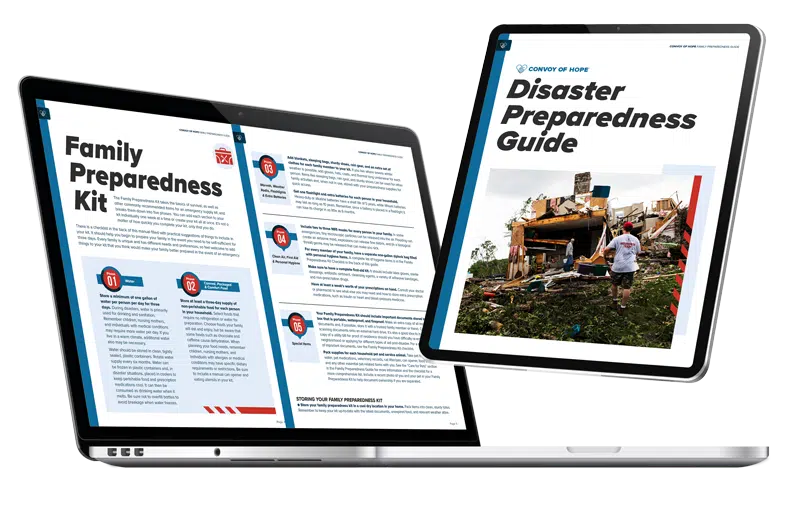
The Power of Preparedness
Ensure your family is protected in the face of unexpected challenges with our Disaster Preparedness Guide.
Topics Include:
— Family Communication Plan
— Evacuation Plans
— Care for Pets
— Weather Monitoring
Download Our Disaster Preparedness Guide!
Start your journey to preparedness now and download the guide to learn practical steps for facing any disaster confidently.
"*" indicates required fields
Self-Care & Family Support Post-Fire
After a house fire, attention often shifts quickly to logistical matters, like insurance and temporary housing. Yet, equally crucial — and often overlooked — is the importance of self-care and family support in the post-fire period.
The emotional and psychological impact of such a traumatic event can reverberate long after the flames are extinguished.
- • Emotional First Aid: It’s normal to feel a whirlwind of emotions. Allow yourself to feel and seek emotional support. Your primary care physician should be your first contact if you are feeling deep depression. Sometimes a referral to a counselor is the perfect next step.
- • Lean on Each Other: Keep close to loved ones. Mutual support is healing. If you belong to a church, connect with your pastoral care team.
- • Stick to Routines: Try to maintain regular schedules to lend a sense of normalcy amid chaos.
How You Can Aid a Friend Afflicted by a House Fire
When a friend suffers the tragedy of a house fire, the emotional and practical support they receive from those around them can be a cornerstone of their recovery.
If you’re looking to aid a friend in such a tough time, here are ways you can make a meaningful difference.
- • Active Listening: Sometimes, the best support is a listening ear.
- • Hands-On Assistance: Help them navigate assistance programs or organize emergency food and clothing donations. If they can remain in their home after a fire, showing up to just help clean up can be a great gift of moral support.
- • Ongoing Support: Remain a steadfast presence as they rebuild their lives, understanding that recovery is a marathon, not a sprint.
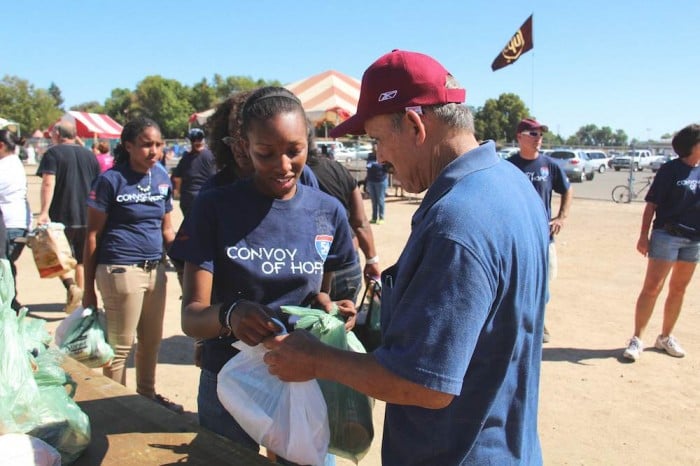
Additional Resources for Empowerment
Rebuilding life after a house fire is an immense challenge that requires more than just the necessities of food, clothing, and shelter. If you are a home fire victim, equip yourself with the tools and resources to regain control over your life.
Beyond government and nonprofit avenues, explore these options.
- • Community Support Groups: Connect with local groups for shared experiences and advice.
- • Online Crowdfunding: Platforms like GoFundMe can rally communal financial support.
- • Professional Aid: Financial consultants and legal aides can offer invaluable advice on complex matters. This is especially true if a fire occurs during the tax season. Be sure to talk to your tax preparation expert about your losses. You can find additional advice on the IRS website.
Next Steps
Recovery from a house fire is a multifaceted process, touching everything from your emotions to your finances. Accessing house fire victim assistance involves:
- • Taking immediate safety actions.
- • Moving through the care for mental and physical health.
- • Tapping into various assistance resources.
Keep important contact information at hand, reach out to agencies like the Federal Emergency Management Agency for natural disaster related aid, and don’t overlook the individual and households program options available to you.
Whether you’re the victim of a fire or the friend of someone affected by such a catastrophe, remember that this is a path you don’t have to walk alone. Assistance is only a phone call or a click away.
With the combined efforts of government programs, nonprofits and service agencies, and the solidarity of your community, recovery and rebuilding can begin.
